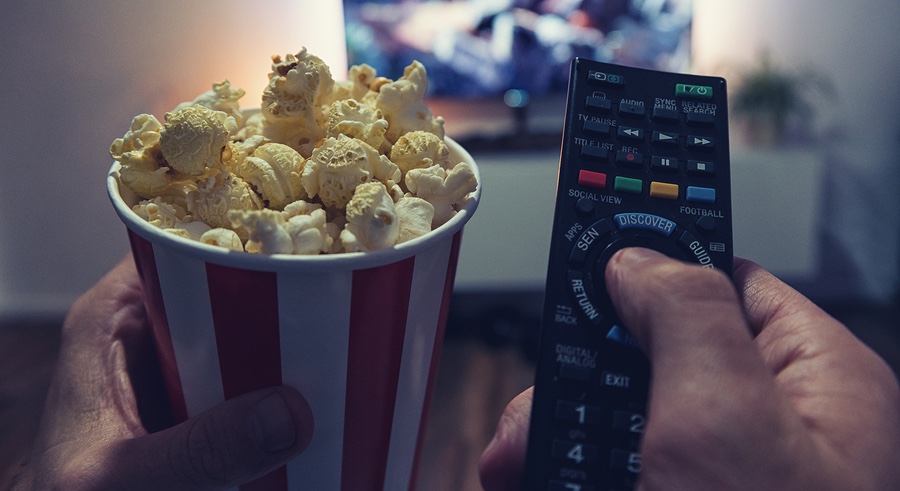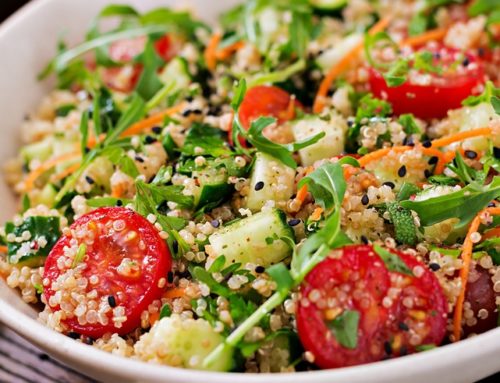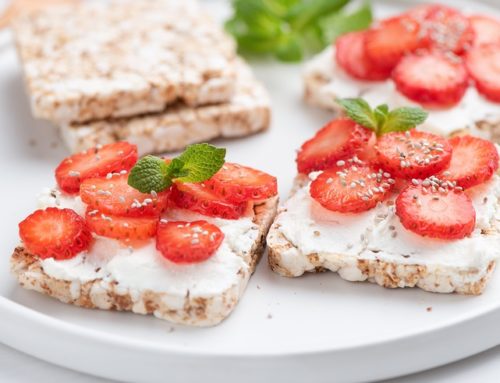What is it about the evening that makes food cravings so common? For some, it’s a way of winding down after a stressful day. Other feel a decline in willpower as fatigue sets in. Some of us really are just hungry! But, evening snacking can add excessive calories to our diets and not generally the most nutritious kinds. What can you do to prevent nighttime snacking from sabotaging your health goals? Read on for some top tips to curb the late night munching.
Eat mindfully
Many of the extra calories that get consumed at night are the result of distracted eating. Think about it: would you eat more chips sitting at a table with no screens in front of you, or while sitting on the couch watching television? Mindful eating is the practice of consciously paying attention to the experience of eating. It has been shown to dramatically reduce the frequency and severity of binge eating, emotional eating, and eating in response to external cues (such as entering the kitchen). To read more about mindful eating, and how to do it, check out our blog article on the topic.
Use a food log to meal plan
Most people use a food log reactively, adding foods after they are already eaten. Try using it proactively, instead. Roughly plan out what foods you will eat, and enter them into a food log as if you had already consumed them. It can really help cut down on impulse snacking when you already know where all your calories are coming from.
Stress less
High levels of stress and anxiety are common culprits leading to evening snacking. Most of the time we don’t have much control over the cause of the stress. But, engaging in activities that promote relaxation can redirect us towards healthier outlets. If you feel stress is contributing to overeating, try to substitute snacking with activities like reading, gentle stretching, taking a warm bath, or meditation. The VHPGO fitness videos in the media library can be a great resource for de-stressing.
Don’t skip meals
What about snacking as a result of legitimate hunger? This certainly happens, especially if you’ve eaten too few calories during the day. Unfortunately, excessive hunger often leads to poor food choices, high in calories and low in nutritional value. Instead, make a point of spreading your calories throughout the day, including a good protein and fiber source at each meal, especially dinner.
Don’t make it hard on yourself
Have a weakness for chocolate chip ice cream? Do yourself a favor, and don’t keep it at home. Easy access makes cravings much harder to combat. Instead, make yourself get off the couch, get dressed, and go out to the store if a craving hits. More than likely, you’ll decide somewhere along the way that you don’t want ice cream that badly.
You can find more helpful tips on how to cut down on habits like nighttime snacking in the lifestyle modification tab in the media library.





